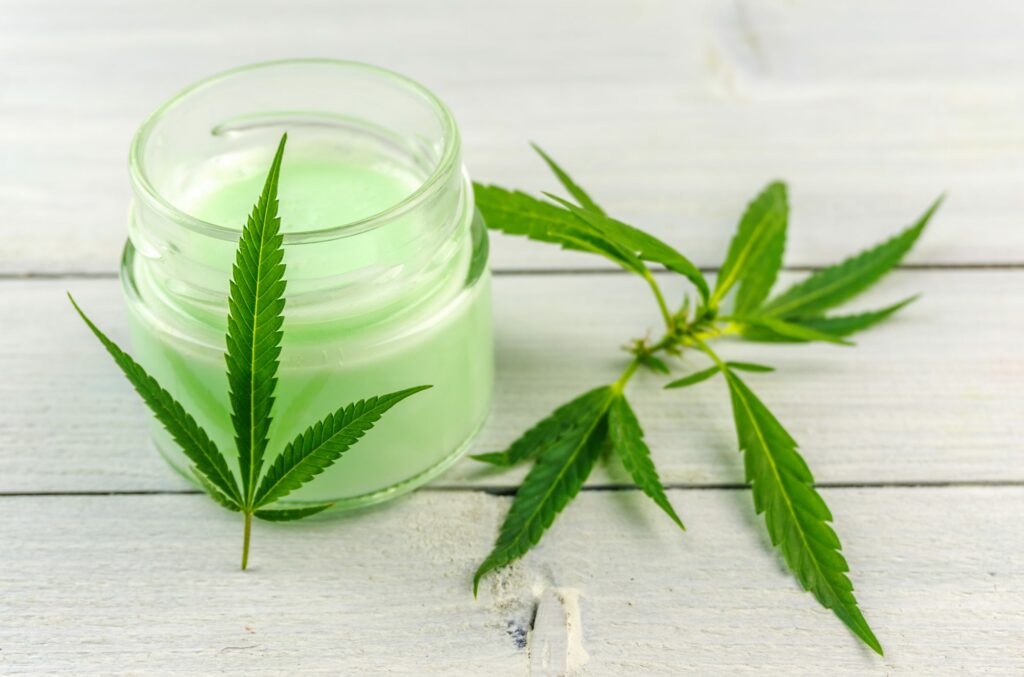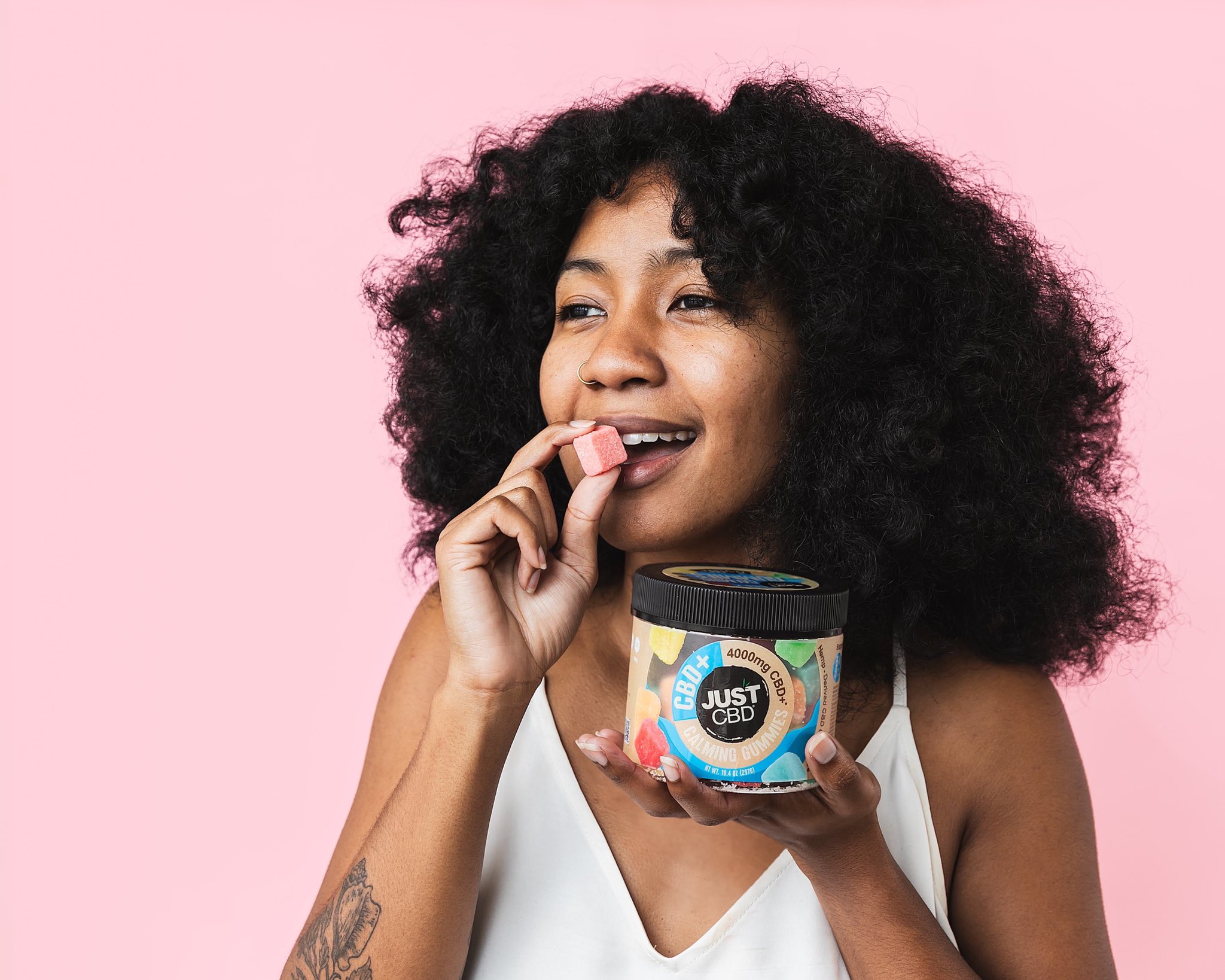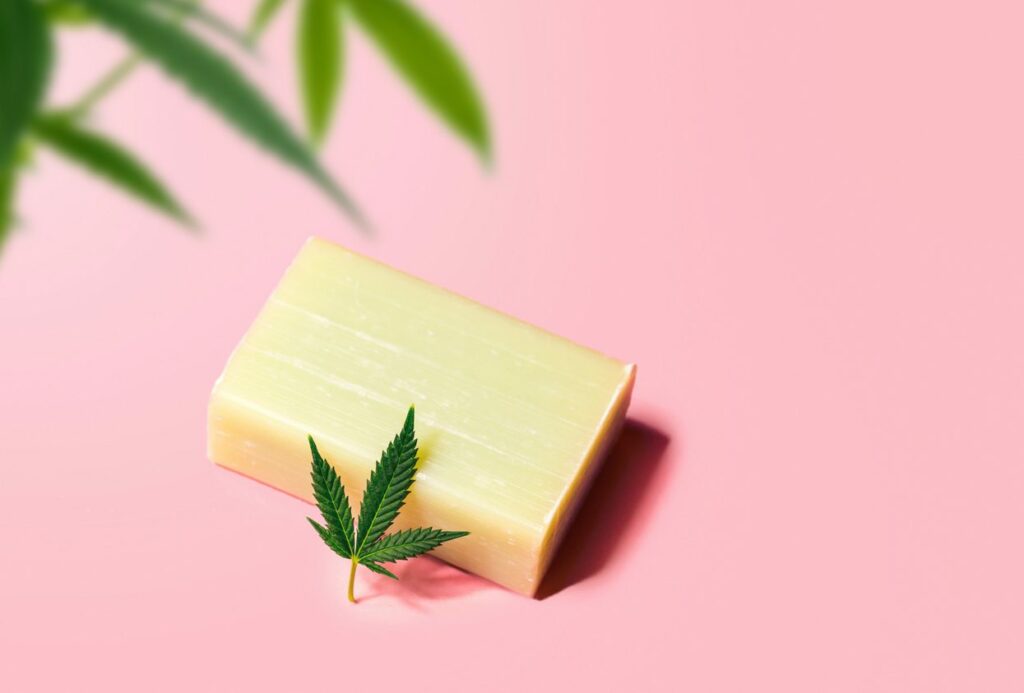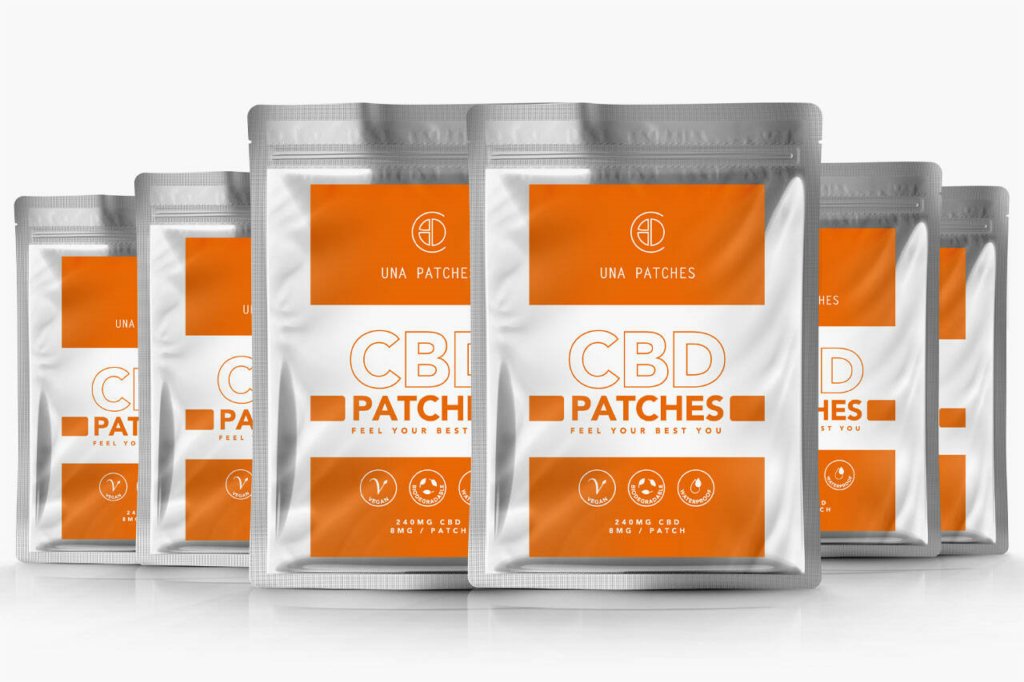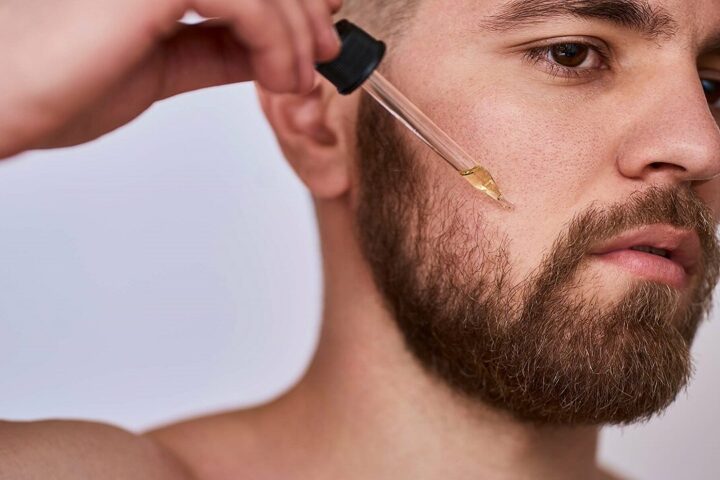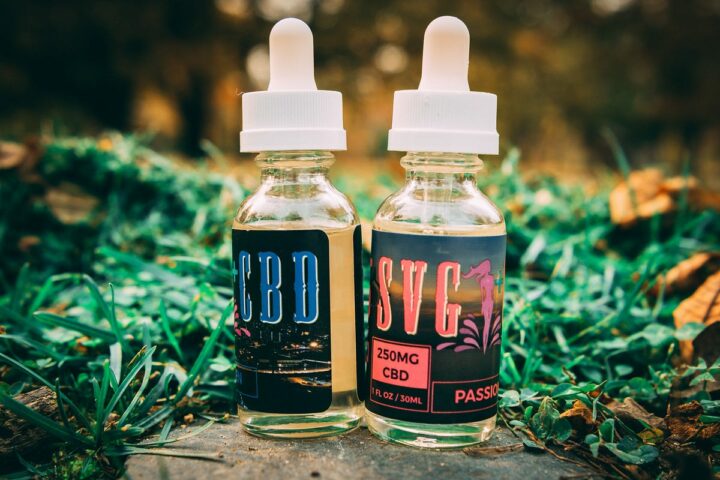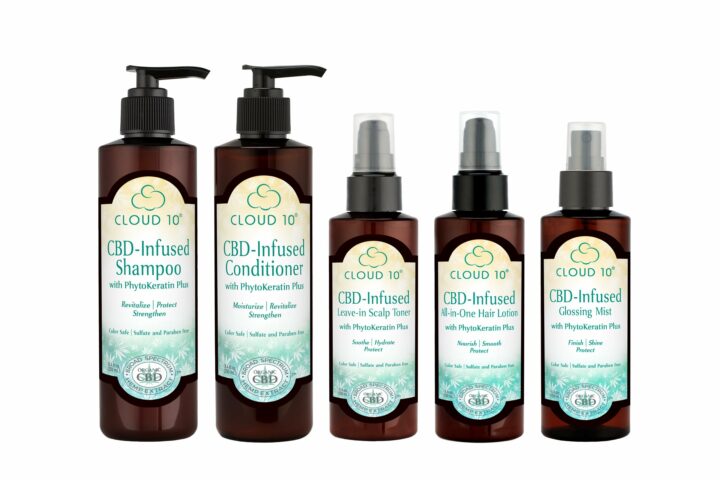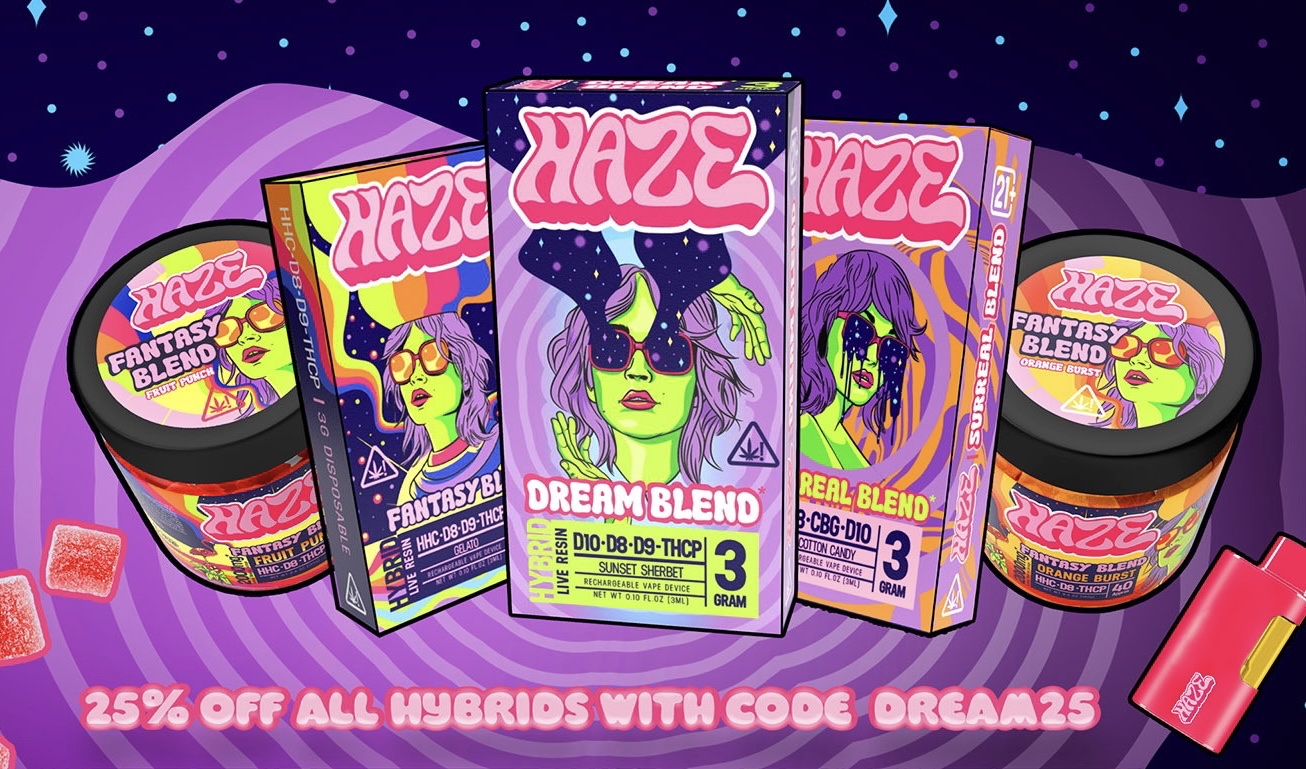CBD Freeze Topicals and Creams for Pain Relief
What is CBD Freeze Topicals and Creams for Pain Relief
CBD Freeze topicals and creams are a popular form of cannabidiol (CBD) products that are designed to provide relief from pain and inflammation. These products are applied topically to the skin and are absorbed through the pores to interact with the body’s endocannabinoid system (ECS), which plays a crucial role in regulating pain, inflammation, and other physiological processes.
CBD Freeze topicals and creams typically contain high concentrations of CBD, along with other ingredients like menthol, camphor, and arnica, which work together to provide targeted relief from pain and inflammation. These products are available in a variety of forms, including creams, balms, gels, and roll-ons, and are designed to be applied directly to the affected area for maximum effectiveness.
How do CBD Freeze topicals and creams work?
CBD Freeze topicals and creams work by interacting with the body’s ECS, which is a complex network of receptors and signaling molecules that play a crucial role in regulating pain, inflammation, and other physiological processes. CBD is a phytocannabinoid that mimics the effects of endocannabinoids produced by the body and can bind to ECS receptors, helping to regulate their activity and reduce inflammation and pain signals.
In addition to CBD, many CBD Freeze topicals and creams also contain other ingredients that work synergistically with CBD to provide additional pain relief and anti-inflammatory benefits. For example, menthol and camphor are natural analgesics that provide a cooling sensation and help to soothe sore muscles and joints. Arnica is a natural anti-inflammatory that has been used for centuries to treat bruises, sprains, and other injuries.
Benefits of CBD Freeze topicals and creams for pain relief
CBD Freeze topicals and creams offer several potential benefits for people seeking relief from pain and inflammation, including:
- Targeted relief: CBD Freeze topicals and creams are designed to be applied directly to the affected area, providing targeted relief where it’s needed most.
- Non-psychoactive: Unlike THC, which is the psychoactive compound in cannabis that produces a “high,” CBD is non-psychoactive and does not produce any intoxicating effects.
- Safe and natural: CBD Freeze topicals and creams are made from natural, plant-based ingredients and are generally considered safe for most people to use.
- Fast-acting: Because CBD Freeze topicals and creams are applied directly to the skin, they can provide fast-acting relief from pain and inflammation.
- Convenient: CBD Freeze topicals and creams are available in a variety of forms, including creams, balms, gels, and roll-ons, making them easy to use and convenient for on-the-go relief.
Potential side effects of CBD Freeze topicals and creams
While CBD Freeze topicals and creams are generally considered safe, they can cause some side effects in certain individuals. Common side effects may include skin irritation, redness, or itching at the application site. In rare cases, some people may experience an allergic reaction to one or more of the ingredients in the product.
It’s also important to note that CBD Freeze topicals and creams may interact with certain medications, particularly those that are metabolized by the liver. If you’re currently taking any medications, it’s important to talk to your doctor before using CBD Freeze topicals or any other CBD products.
Conclusion
CBD Freeze topicals and creams are a popular form of CBD products that are designed to provide targeted relief from pain and inflammation. These products work by interacting with the body’s ECS, helping to regulate pain and inflammation signals. CBD Freeze topicals and creams are generally considered safe and effective for most people, but it’s important to talk to your doctor before using them, particularly if you’re currently taking any medications or have any underlying medical conditions.
How to use CBD Freeze Topicals and Creams for Pain Relief
CBD freeze topicals and creams are becoming an increasingly popular option for pain relief. These products are made with cannabidiol (CBD), a non-psychoactive compound found in cannabis plants that is known for its pain-relieving and anti-inflammatory properties. In this guide, we will walk you through how to use CBD freeze topicals and creams for pain relief.
Step 1: Choose the Right CBD Topical or Cream
There are many different types of CBD topicals and creams available, each with varying levels of potency and ingredients. Before using a CBD topical or cream, it is important to choose the right product for your needs. Look for products that are specifically formulated for pain relief, and that contain high-quality, organic CBD oil. It is also a good idea to read reviews and do your research before making a purchase.
Step 2: Clean the Affected Area
Before applying a CBD freeze topical or cream, you should clean the affected area with soap and water. This will help to remove any dirt, sweat, or oils that may interfere with the absorption of the CBD. Make sure to dry the area completely before proceeding to the next step.
Step 3: Apply the CBD Topical or Cream
Next, apply a small amount of the CBD freeze topical or cream to the affected area. Rub the product gently into the skin, using circular motions. You may need to apply more than one layer depending on the severity of your pain.
Step 4: Wait for the CBD to Absorb
Once you have applied the CBD freeze topical or cream, you should wait for it to absorb into the skin. This can take anywhere from a few minutes to an hour, depending on the product and the size of the area being treated. During this time, it is important to avoid touching or rubbing the affected area.
Step 5: Reapply as Needed
If the pain persists, you may need to reapply the CBD freeze topical or cream. It is safe to reapply as often as needed, but be sure to follow the instructions on the product label. Some products may recommend a specific number of applications per day or week.
Tips for Using CBD Freeze Topicals and Creams
- Store your CBD topical or cream in a cool, dry place to preserve its potency.
- Check the expiration date before using your product to ensure that it is still effective.
- Always patch test a small area of skin before applying the product to a larger area.
- Do not apply CBD topicals or creams to broken or irritated skin.
- If you are pregnant or breastfeeding, consult your doctor before using CBD products.
- Be patient! It may take some time for the CBD to take effect, so give it time to work before reapplying or trying a different product.
In conclusion,
using CBD freeze topicals and creams for pain relief can be an effective and natural alternative to traditional pain medications. By following these simple steps and tips, you can safely and effectively use CBD topicals and creams to manage your pain and improve your quality of life.
CBD Freeze Topicals and Creams for Pain Relief Dosing
CBD freeze topicals and creams are a popular option for pain relief, and dosing is an important factor to consider when using these products. Unlike CBD oils and tinctures, which are taken orally, CBD topicals and creams are applied directly to the skin. In this guide, we will discuss how to properly dose CBD freeze topicals and creams for pain relief.
Step 1: Determine the Right Dose
The proper dose of CBD freeze topicals and creams can vary depending on a variety of factors, including the severity of the pain, the size of the affected area, and the individual’s sensitivity to CBD. In general, it is recommended to start with a low dose and gradually increase as needed. For example, you may start with a pea-sized amount of the cream and gradually increase the amount until you reach the desired effect.
Step 2: Consult with a Healthcare Professional
If you are unsure about the appropriate dose for your specific condition, it is always a good idea to consult with a healthcare professional. They can help you determine the right dosage based on your medical history, current medications, and other factors.
Step 3: Read the Product Label
It is important to read the product label carefully to understand the recommended dosage for the specific CBD freeze topical or cream you are using. Some products may have specific instructions on the label, such as applying the product no more than three times a day or using a certain amount per application.
Step 4: Start with a Small Amount
When using a CBD freeze topical or cream for the first time, start with a small amount and gradually increase the dose as needed. This will help you to avoid any potential side effects and ensure that you are getting the right dose for your needs.
Step 5: Monitor Your Response
After applying the CBD freeze topical or cream, monitor your response to the product. If you do not feel any relief after the recommended time frame, you may need to increase the dose. On the other hand, if you experience any adverse effects, such as redness, itching, or rash, you may need to decrease the dose or discontinue use altogether.
Tips for CBD Freeze Topicals and Creams Dosing
- Always start with a low dose and gradually increase as needed.
- Be patient! It may take some time for the CBD to take effect, so give it time to work before increasing the dose or trying a different product.
- Use caution when applying CBD freeze topicals and creams to sensitive areas, such as the face, neck, and genitals.
- Be consistent with your dosing. Use the product as recommended on the label or as directed by your healthcare professional.
- Store your CBD freeze topical or cream in a cool, dry place to preserve its potency.
In conclusion,
dosing is an important factor to consider when using CBD freeze topicals and creams for pain relief. By following these simple steps and tips, you can properly dose your CBD topical or cream to effectively manage your pain and improve your quality of life.
Benefits of CBD Freeze Topicals and Creams for Pain Relief
CBD freeze topicals and creams are becoming increasingly popular as a natural alternative for pain relief. These products are infused with cannabidiol (CBD), a non-intoxicating compound found in the hemp plant. Here are some of the potential benefits of using CBD freeze topicals and creams for pain relief:
Reduces Inflammation
CBD has been shown to have anti-inflammatory properties, which can be beneficial for those suffering from chronic pain conditions. When applied topically, CBD can help to reduce inflammation in the affected area, which can provide relief from pain and discomfort.
Provides Localized Pain Relief
Unlike oral CBD products, which are absorbed into the bloodstream and affect the whole body, CBD freeze topicals and creams are applied directly to the affected area. This allows for localized pain relief, targeting the specific area where the pain is occurring.
Targets Nerve Pain
CBD has been shown to interact with receptors in the body’s endocannabinoid system, which can help to reduce nerve pain. This makes CBD freeze topicals and creams a potential option for those suffering from conditions like neuropathy.
Non-Addictive and Non-Intoxicating
Unlike opioid pain medications, which can be highly addictive and have a high risk of overdose, CBD freeze topicals and creams are non-addictive and non-intoxicating. This makes them a safer option for those looking for natural pain relief.
Convenient and Easy to Use
CBD freeze topicals and creams are easy to use and can be applied directly to the affected area as needed. They are also convenient to take with you on the go, making them a great option for those who need pain relief while on the move.
Potential for Fewer Side Effects
CBD freeze topicals and creams have a lower risk of side effects compared to oral CBD products. This is because when applied topically, CBD is absorbed through the skin and does not enter the bloodstream. This means that there is a lower risk of experiencing side effects like dizziness, nausea, or fatigue.
In conclusion,
CBD freeze topicals and creams offer a range of potential benefits for those seeking natural pain relief. They provide targeted relief, have a low risk of side effects, and are convenient and easy to use. However, it is important to speak with a healthcare professional before using these products, particularly if you are taking any medications or have any underlying health conditions.
Legality of CBD in the UK
Cannabidiol (CBD) is a non-intoxicating compound found in the cannabis plant that has been gaining popularity for its potential health benefits. However, many people are still unsure about the legality of CBD in the UK. In this guide, we will provide a comprehensive overview of the legality of CBD in the UK.
CBD is Not a Controlled Substance
In the UK, CBD is not classified as a controlled substance. This means that it is legal to buy, sell, and possess CBD products as long as they contain no more than 0.2% THC (tetrahydrocannabinol), which is the psychoactive compound found in cannabis.
CBD Must be Derived from Industrial Hemp
To be legal in the UK, CBD products must be derived from industrial hemp. This is a specific strain of the cannabis plant that contains no more than 0.2% THC. If a CBD product is derived from a different strain of cannabis, it may be considered a controlled substance and therefore illegal.
CBD Products Must Comply with Regulations
In addition to the requirement that CBD products must contain no more than 0.2% THC and be derived from industrial hemp, they must also comply with other regulations. For example, CBD products must be accurately labeled and must not make any medical claims unless they have been approved by the Medicines and Healthcare products Regulatory Agency (MHRA).
Some CBD Products are Subject to Novel Food Regulations
In 2019, the UK government implemented new regulations on novel foods, which includes CBD products. Any CBD products that were not on the market in the EU before January 1, 2018, must go through a regulatory approval process to be deemed safe for consumption. This means that some CBD products may be removed from the market if they do not meet these requirements.
CBD Oil is Legal, but Cannabis Oil is Not
It is important to note that while CBD oil is legal in the UK, cannabis oil is not. Cannabis oil is made from the whole cannabis plant and may contain higher levels of THC. This makes it a controlled substance and therefore illegal in the UK.
In conclusion,
CBD is legal in the UK as long as it meets certain requirements. It must be derived from industrial hemp, contain no more than 0.2% THC, comply with regulations, and not make any medical claims without MHRA approval. It is important to purchase CBD products from reputable sources that comply with these regulations to ensure that they are safe and legal.
FAQs-CBD Freeze Topicals and Creams for Pain Relief
Does CBD cream really work for joint pain?
CBD cream has shown promise in providing relief for joint pain. When applied topically, CBD interacts with the endocannabinoid receptors in the skin, muscles, and joints, potentially reducing inflammation and alleviating pain. The anti-inflammatory properties of CBD may help to reduce swelling and discomfort associated with joint pain conditions such as arthritis. However, the effectiveness of CBD cream can vary among individuals, and it may not completely eliminate all symptoms. It’s important to consult with a healthcare professional and consider other treatment options in conjunction with CBD cream for comprehensive joint pain management.
What is CBD freeze used for?
CBD freeze is a topical product that is specifically formulated to provide temporary relief for muscle and joint discomfort. It typically comes in the form of a gel, cream, or roll-on, infused with CBD and other soothing ingredients. When applied to the affected area, CBD freeze can help alleviate pain, reduce inflammation, and promote relaxation. It is commonly used by athletes, individuals with chronic pain, and those recovering from injuries or strenuous physical activity. However, it’s important to note that CBD freeze is a topical solution and its effects are localized to the area of application, rather than providing systemic relief throughout the body.
Does CBD cream really work for nerve pain?
CBD cream has been reported to provide relief for some individuals experiencing nerve pain. The anti-inflammatory and analgesic properties of CBD may help reduce pain and discomfort associated with nerve damage or neuropathy. When applied topically, CBD cream interacts with cannabinoid receptors in the skin, potentially reducing inflammation and modulating pain signals. However, it’s worth noting that the effectiveness of CBD cream for nerve pain can vary depending on the individual and the specific cause of the pain. It’s always recommended to consult with a healthcare professional for personalized advice and to explore other treatment options if needed.
How long do effects of CBD cream last for pain?
The duration of pain relief from CBD cream can vary depending on several factors, including the severity of the pain, the individual’s response to CBD, and the specific formulation of the cream. Generally, the effects of CBD cream can last anywhere from a few hours to several hours. However, it’s important to note that CBD cream is typically used for localized relief, targeting specific areas of pain or discomfort. If the pain persists or worsens, it’s advisable to consult with a healthcare professional for further evaluation and guidance.
What is the best method of CBD for pain?
The best method of CBD for pain may vary from person to person, as different individuals may respond differently to various forms of CBD. However, some commonly used methods for pain relief include CBD oil/tinctures, topicals (such as creams or balms), and capsules. CBD oil or tinctures are often taken orally and can provide systemic relief throughout the body. Topicals are applied directly to the affected area for localized relief. Capsules offer a convenient and consistent way to consume CBD. Ultimately, the best method of CBD for pain will depend on individual preferences, the specific type of pain, and personal experience. It’s recommended to consult with a healthcare professional to determine the most suitable method for your specific needs.
How do I choose CBD topical for pain?
When choosing a CBD topical for pain, there are a few factors to consider. First, look for products that clearly state the CBD content and have undergone third-party testing for quality and potency. Consider the concentration of CBD in the topical and choose a strength that matches your needs. Additionally, check the ingredients list to ensure it contains natural and soothing ingredients that can complement the pain-relieving properties of CBD. Read customer reviews and testimonials to gauge the effectiveness of the product for pain relief. Lastly, consider the type of pain you’re experiencing and choose a topical formulation that is specifically designed for that type of pain, whether it’s joint pain, muscle soreness, or inflammation. Consulting with a healthcare professional or a knowledgeable CBD specialist can also provide valuable guidance in choosing the right CBD topical for your pain.
What is best time of day to take CBD for pain?
The best time of day to take CBD for pain can vary depending on individual preferences and needs. Some people find that taking CBD in the morning helps provide pain relief throughout the day and promotes a sense of well-being. Others prefer taking it in the evening to help relax and alleviate pain before bed, promoting better sleep. It can be helpful to start with a low dose of CBD and observe how your body responds. Experimenting with different times of the day can help you determine when you experience the most significant pain relief and optimal results. Consulting with a healthcare professional can also provide personalized recommendations based on your specific situation.
Is CBD an anti inflammatory?
Yes, CBD is known to have anti-inflammatory properties. It interacts with the body’s endocannabinoid system, which plays a role in regulating various physiological processes, including inflammation. CBD can inhibit the production of inflammatory molecules and promote the release of anti-inflammatory substances, thereby reducing inflammation. This makes it potentially beneficial for managing inflammatory conditions such as arthritis, multiple sclerosis, and inflammatory bowel disease. However, it is important to note that while CBD may have anti-inflammatory effects, it should not replace medical advice or treatment for specific conditions. Consulting with a healthcare professional is recommended for individualized guidance.
What drugs should not be taken with CBD UK?
While CBD is generally considered safe and well-tolerated, there are some medications that may interact with it. It’s important to consult with a healthcare professional before combining CBD with any medications, as interactions can vary depending on the specific drug and individual circumstances. In the UK, some common medications that may interact with CBD include certain anti-seizure drugs (e.g., clobazam, valproate), blood thinners (e.g., warfarin), and some antidepressants (e.g., fluoxetine). CBD has the potential to affect the metabolism of these medications, leading to altered blood levels and potential side effects. A healthcare professional can provide personalized advice based on your specific situation and medications.
Why CBD is better than ibuprofen?
CBD and ibuprofen are two different substances with different mechanisms of action. CBD is a cannabinoid derived from the hemp plant, while ibuprofen is a nonsteroidal anti-inflammatory drug (NSAID). CBD is known for its potential anti-inflammatory properties and ability to interact with the endocannabinoid system in the body. It may help reduce inflammation and provide relief from pain without the potential side effects associated with long-term NSAID use, such as gastrointestinal issues. However, it’s important to note that the effectiveness of CBD may vary depending on the individual and the specific condition being treated. Ibuprofen, on the other hand, is a widely used over-the-counter pain reliever and anti-inflammatory medication that works by inhibiting the production of certain enzymes that contribute to inflammation and pain. It has a long history of effectiveness and is readily available. The choice between CBD and ibuprofen depends on personal preference, the specific condition, and individual response to each treatment. It’s always advisable to consult with a healthcare professional before making any changes to your pain management routine.
Is CBD good for arthritis?
CBD has shown promise in managing arthritis symptoms due to its potential anti-inflammatory and analgesic properties. Arthritis is characterized by joint inflammation and pain, and CBD may help alleviate these symptoms by interacting with the body’s endocannabinoid system, which plays a role in regulating pain, inflammation, and immune responses. CBD has been studied for its potential to reduce joint inflammation and provide pain relief in various forms of arthritis, including rheumatoid arthritis and osteoarthritis. However, more research is needed to fully understand the mechanisms and effectiveness of CBD for arthritis. It’s always recommended to consult with a healthcare professional before incorporating CBD or any other supplement into your arthritis treatment plan.
What strength CBD is best for joint pain?
The optimal strength of CBD for joint pain may vary from person to person, as everyone’s response to CBD can be different. However, for individuals experiencing joint pain, a higher strength CBD product may be more effective. It is generally recommended to start with a moderate strength CBD product, such as one with 500-1000 mg of CBD per bottle, and adjust the dosage as needed. Some individuals may find relief with lower strengths, while others may require higher concentrations. It’s important to consider factors such as the severity of the joint pain, individual body chemistry, and previous CBD experience when determining the appropriate strength. Consulting with a healthcare professional or CBD specialist can provide personalized guidance on the best strength of CBD for joint pain.
What is the best painkiller for joint pain?
The choice of the best painkiller for joint pain depends on the individual’s specific condition and needs. Nonsteroidal anti-inflammatory drugs (NSAIDs) such as ibuprofen and naproxen are commonly used over-the-counter pain relievers that can help reduce inflammation and alleviate joint pain. Prescription-strength NSAIDs may be recommended for more severe cases. Other options include acetaminophen (paracetamol), which can help relieve pain but has limited anti-inflammatory effects, and topical pain relievers like creams or gels that can be applied directly to the affected joints. In some cases, stronger prescription medications or corticosteroid injections may be necessary. It’s important to consult with a healthcare professional to determine the most suitable painkiller for joint pain, considering factors such as the underlying cause, severity of pain, and any potential interactions with other medications or existing health conditions.
Is CBD oil or cream better for arthritis?
The choice between CBD oil and cream for arthritis depends on personal preference and the specific symptoms experienced. CBD oil is taken orally, either by placing drops under the tongue or mixing it with food or beverages. It provides systemic effects, meaning it can potentially benefit the entire body. CBD oil may help reduce inflammation and alleviate arthritis symptoms from within. On the other hand, CBD cream is applied topically to the affected joints and provides localized relief. It can be directly applied to the area of pain, allowing for targeted relief and potentially soothing sore joints. Both CBD oil and cream can be effective for arthritis, but the decision on which one to use may depend on the individual’s preference and the desired method of application. Some people may choose to use both, combining the systemic effects of CBD oil with the localized relief provided by CBD cream. It’s important to consider consulting with a healthcare professional to determine the best approach for managing arthritis symptoms.
Does topical CBD reduce inflammation or just pain?
Topical CBD products have the potential to reduce both inflammation and pain. CBD, or cannabidiol, possesses anti-inflammatory properties that can help decrease inflammation in the affected area when applied topically. By interacting with the endocannabinoid system and other receptors in the body, CBD may help regulate immune responses and mitigate inflammatory processes. In addition to reducing inflammation, topical CBD products can also help alleviate pain by interacting with receptors in the skin, muscles, and nerves. This can lead to localized pain relief and provide a soothing effect. However, it’s important to note that individual experiences may vary, and the effectiveness of topical CBD products for reducing inflammation and pain may depend on factors such as the severity of the condition and the specific product used. It’s always recommended to consult with a healthcare professional before using any CBD products for inflammation or pain management.
- Yoda OG Aka Yoda Weed Strain Information - October 10, 2024
- Yellow Zushi Aka Yellow Sushi Weed Strain Information - October 10, 2024
- Wappa Weed Strain Information - October 8, 2024

